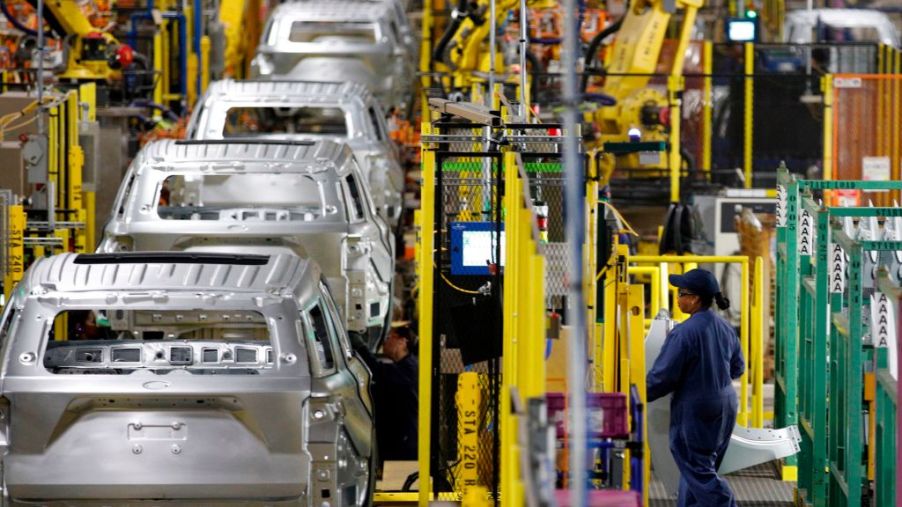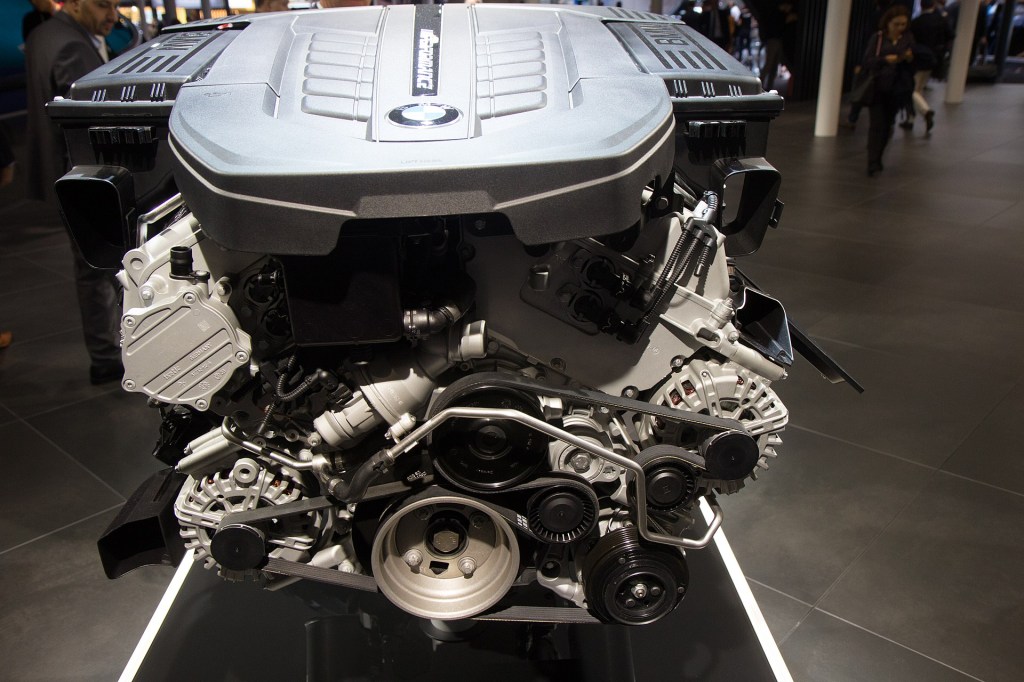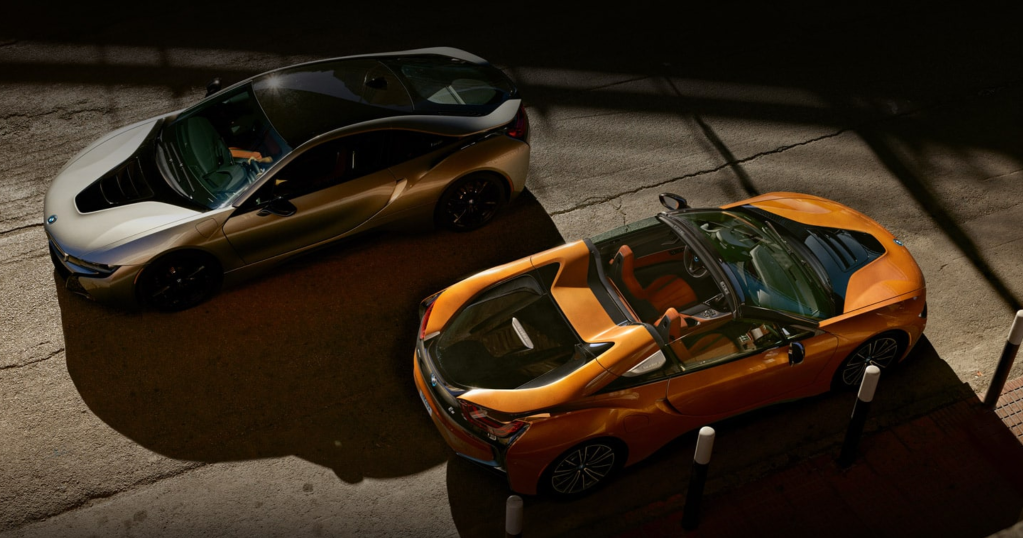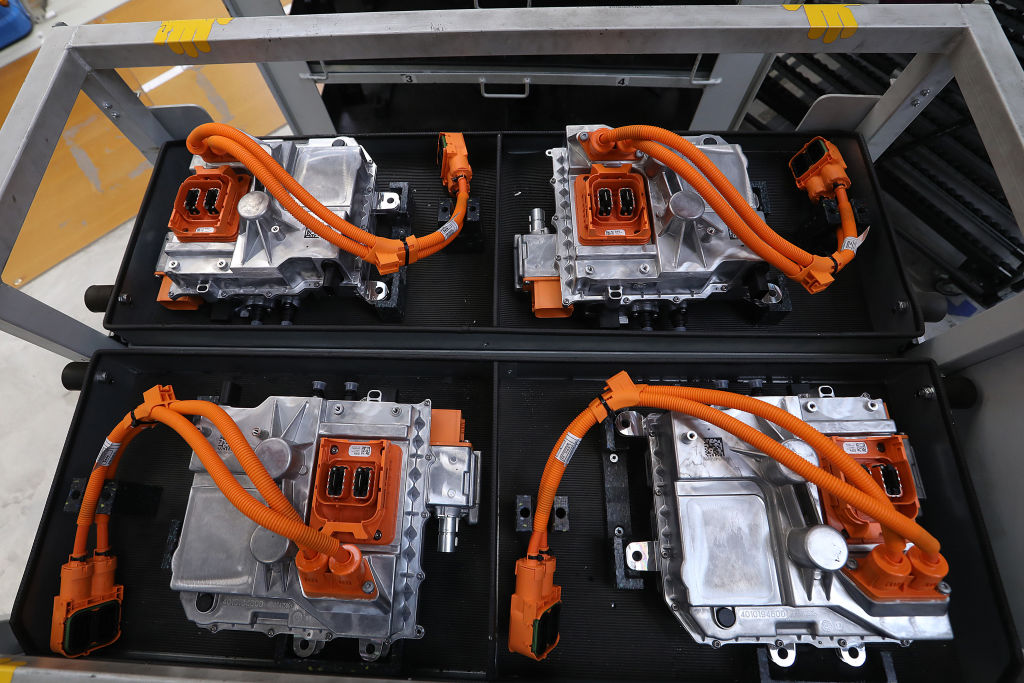
BMW Drops 50% Of Internal Combustion Engines
German auto manufacturers are having to take a hard look at models and engines as profits slump and demand shifts to electrification. Mercedes already announced some models won’t be replaced. Now BMW has come forward with its downsizing plans. This is in the wake of falling profits and a large chunk of capital having to go to EV development. It announced it will kill off 50% of what it’s calling “traditional” powertrains by next year. So what might it drop? You’re not going to be happy if you’re an enthusiast.
BMW will most likely drop Diesel, V8, and V12 engines

The most likely to get the ax will include diesel engines, V8s, and V12 gas engines. BMW is looking to have over one million plug-ins or electric vehicles on the road by 2021. To do that it needs capital and also needs to slim down its offerings.
One way to look at it is if the fastest vehicles it sells are EVs with not a V8 or V12 in sight it narrows down your choices. BMW says that almost 9% of all the vehicles it sold in 2019 in Europe were EVs. Those include the i3, Mini Cooper SE, iX3, iNEXT, and i4.
Shares dropped 40% in 2020 while BMW plans for $13 billion in EV development

The other way to improve the bottom line is to cut costs. Besides its ambitious EV plans, it is looking to cut costs by $13 billion by 2023. That money will be funneled directly into EV development and expansion. “We recognized the signs of change at an early stage and made preparations accordingly,” CEO Oliver Zipse said about his plans for EV expansion.
We’ve already reported that the i8 is being canceled and we knew from reports earlier the i3 would not be sold in the US. This is all part of the consolidation and trimming of slow-selling models. Since the beginning of 2020 BMW shares are down about 40%. Some of this is due to the coronavirus but regardless of the reason, BMW will use the news to cut slow sellers and look to future products.
BMW now builds vehicles to take ICE, plug-in, or all-electric powerplants

BMW has configured both vehicles and assembly lines to have the flexibility to be made with internal combustion, plug-in hybrid, or all-electric propulsion. “The best assumption is that electrified vehicles will account for 20% to 30% of worldwide sales by 2030, but with a very diverse global distribution,” says BMW R&D chief Klaus Froehlich.
With Froehlich retiring soon Frank Weber has been named to replace him. Weber led development at General Motors of the Chevy Volt. He has been with BMW since 2011. So all of that technological development leading up to the Volt will come in handy for BMWs EV plans.
Strict 2020 Euro emissions standards come with heavy fines if not met
Until recently BMW has lagged behind in its plans for electrification. Now it is coming out swinging to calm markets and spotlight its future products and technological development.
All European vehicle manufacturers face the strict Euro emissions caps starting this year. Heavy fines will be levied for manufacturers not meeting those fleet averages. That’s the other side of dropping ICE choices; to better stay under Euro emissions requirements.
It’s a new world and we’re slowly seeing the efforts to compete in it.



